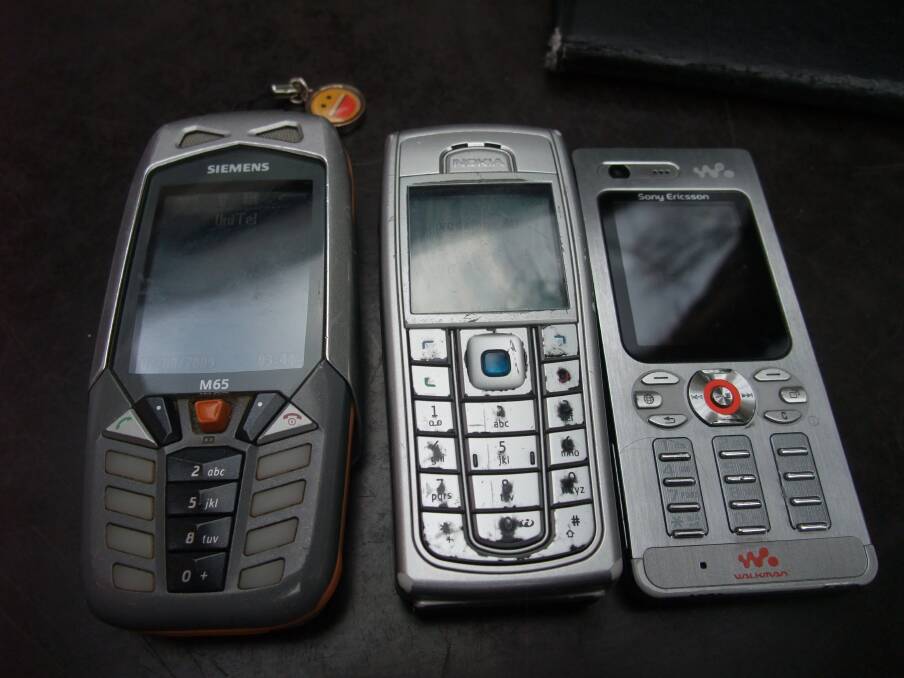
HOW many mobile phones have you got through in the past 10 years? How many TVs? PCs? Cars?
Subscribe now for unlimited access.
$0/
(min cost $0)
or signup to continue reading
There are many reasons why we change these items so often. Progress in technology is one.
Sometimes we have to change. GSM cellphones gave way to CDMA, then 3G, 4G and now 5G. We changed from CRT TVs to LCDs.
RECENT ECO NEWS COLUMNS:
Status, envy and fear of missing out also play some part in this - how many of us have to have the latest smartphone, the biggest TV?
But another factor is the way devices have become more and more difficult to repair.
Manufacturers have jealously guarded their technological secrets, not providing spares and making it difficult to replace parts.
Many smartphones these days have the batteries glued in, and many a phone has been thrown away and replaced just because the battery has become unreliable.
Even in Bathurst we have a few repair shops that can sometimes get around these limitations, but the manufacturers don't support them.
There is a backlash against this "throwaway" culture, and not just from users.
Governments, recognising the waste of resources that limited-life devices pose, are legislating against devices that are made not to be repaired.
Many users too want to retain their devices for longer and want repairability to be built in, so that they can more easily and cheaply get them repaired to extend their life.
Around the world, "Right to Repair" movements are springing up, users demanding that manufacturers make their products easy to repair and provide the spare parts and information to do so at a reasonable cost.
TVs are often thrown out if they stop working, although they are often easy to fix. But they are produced so cheaply that repair is not worth doing.
Unless they are forced to, manufacturers are not going to use better quality parts, because the next guy won't and so can undercut their prices.
Yes, things will cost a bit more, but over a longer lifetime the cost per year would probably be less.
Manufacturers in general resist any move to force them to make their products more sustainable.
"Built-in obsolescence" is a well known phrase, meaning products are designed not to last very long and not be worth repairing.
But our earth only has finite resources and everything thrown away is usually a permanent loss of resources.

